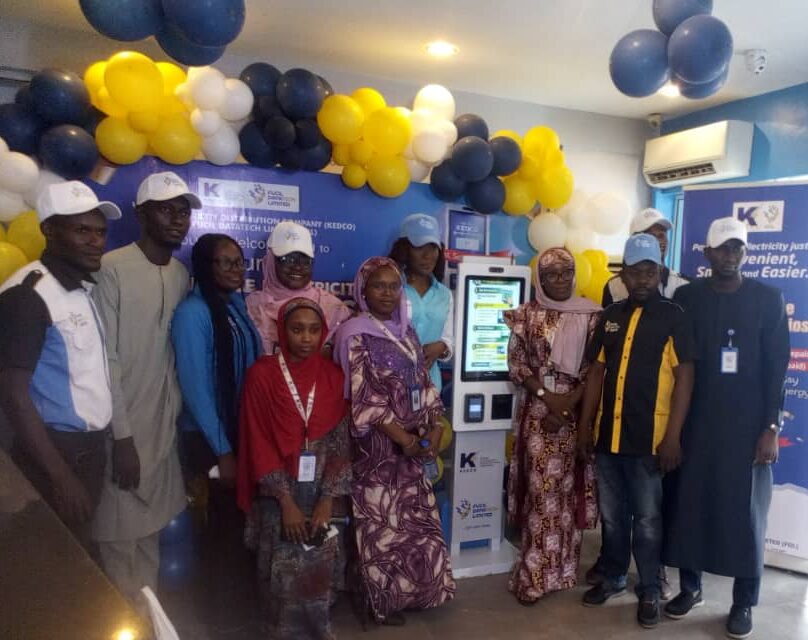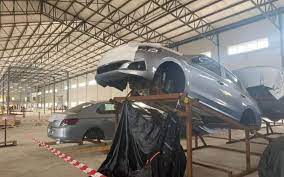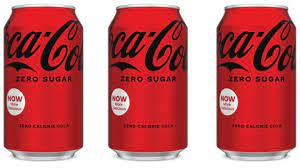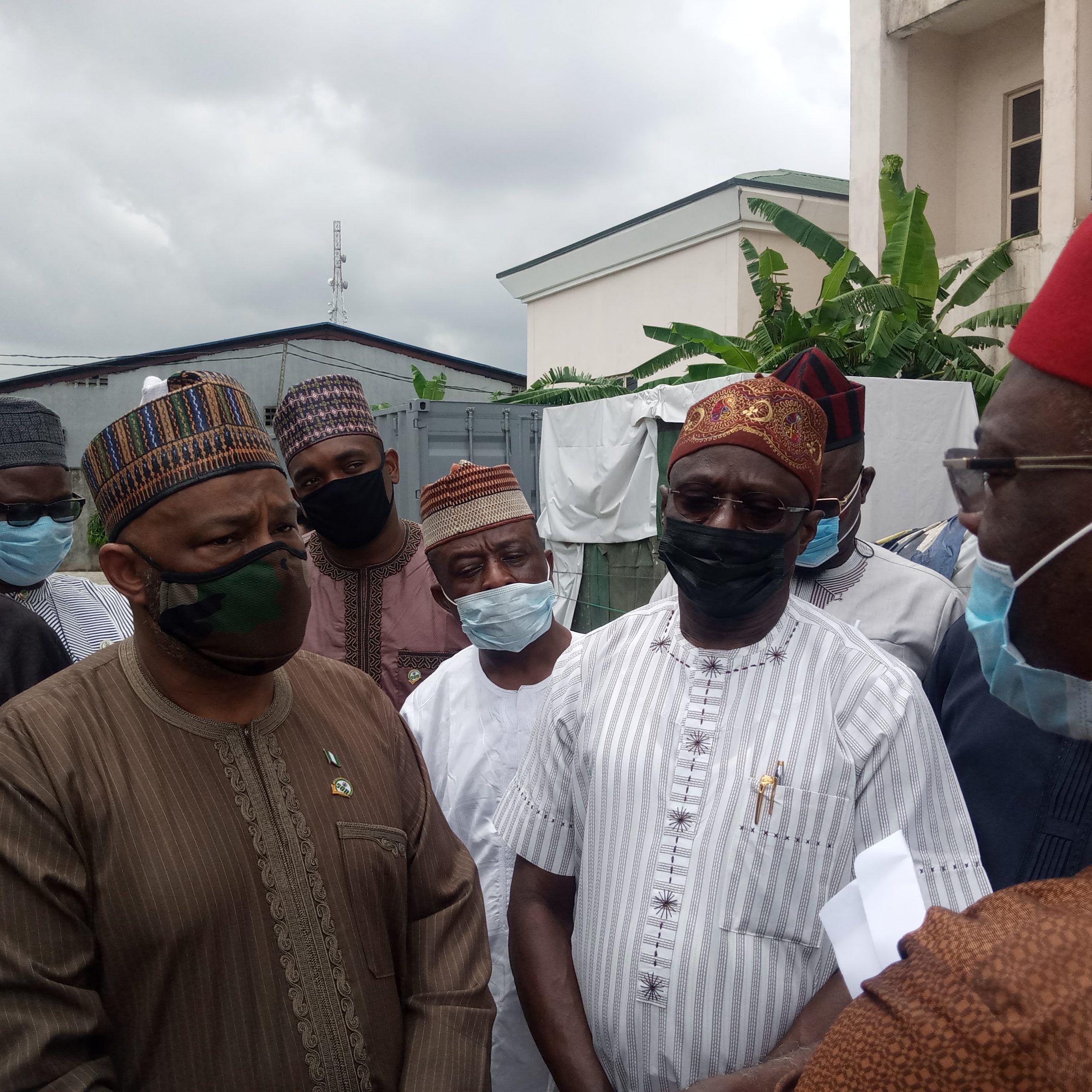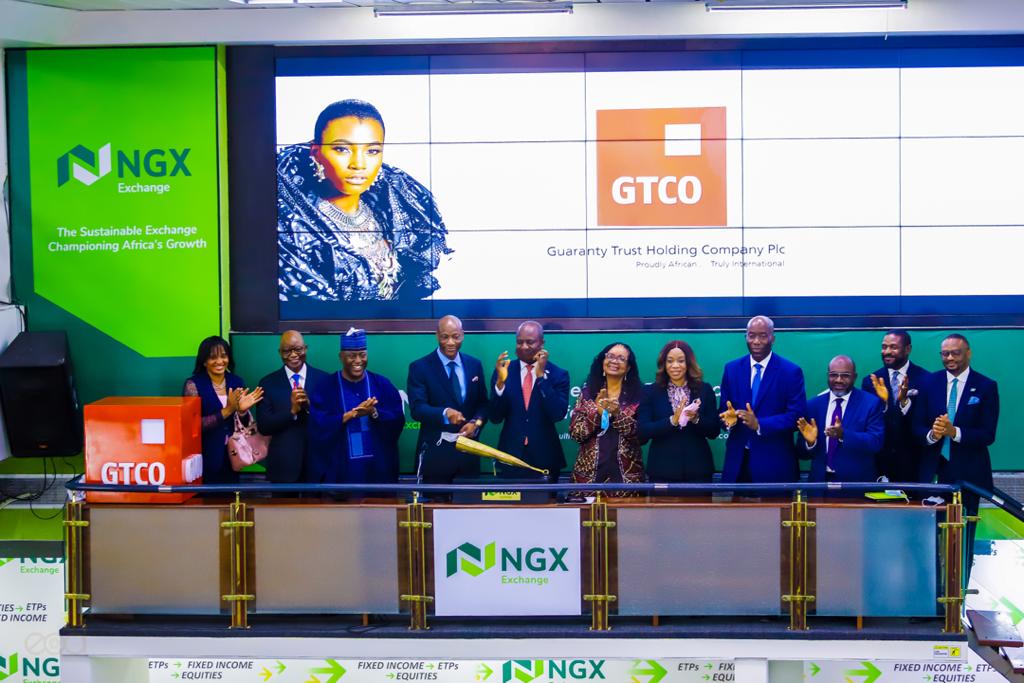By CSL Stockbrokers
Based on news reports, the House of Representatives recently resolved to constitute an ad hoc committee to investigate the collapse of automobile assembly plants in the country with the view of making insightful recommendations for the immediate resuscitation of the moribund plants. It is, however, unclear what this committee plans to look into almost a decade after the automotive policy was launched.
The Nigerian automotive policy was introduced in November 2013 to resuscitate Nigeria’s moribund automobile industry. The policy allows local assembly plants to import completely knocked-down vehicles at 0% duty and semi-knocked-down vehicles at 5% duty, while importers pay a 70% duty on new and previously owned vehicles. About 54 licenses were granted. Also, an accommodating tariff of 35% was imposed on cars imported by companies who have expressed interest and met investment milestones for local assembly.
The economic recession in which the country slumped into shortly after the automotive policy was introduced did not bode well for the resuscitation of the industry. The weakened exchange rate sent the prices of new cars far above the reach of Nigeria’s shrunk middle class.
Automobile dealers saw a significant fall in sales volumes and even locally assembled vehicles, for which the policy was enacted, experienced significant price increases and are also out of the reach of the average Nigerian. A report on the automobile industry at the time noted that the over 40 existing automobile plants in the country with an installed capacity of 500,000 cars annually were utilising less than 3% of installed capacity owing to low patronage.
The Nigerian Customs Service (NCS) placed a ban on the importation of vehicles through land borders effective January 1, 2017, following calls from stakeholders in the automotive industry for strict regulation of the importation of vehicles as the influx of vehicles, particularly used vehicles were affecting sales. This move was reportedly aimed at improving government revenues, discouraging vehicle imports while gradually phasing out used cars (popularly known as Tokunbo cars), and ultimately increasing patronage of locally assembled vehicles.
However, there were plans in 2019 to relax the ban on importation of vehicles through the land border following a successful implementation of a new initiative by the Nigeria Customs Service and the Customs Service of the Republic of Benin to automate and network all electronic information about incoming cargoes through the
There is a clause in the Nigerian Finance bill that should drive down import duty on foreign vehicles from 35% to 5%. This, according to the government, is to reduce the cost of transportation. Industry players and investors warn that if the bill is passed into law, it could mark the end of local manufacturing and significantly affect assemblers who have invested huge sums.
The Nigerian consumer has been through another recession since the first recession in 2016 and has been stifled by high inflation and multiple devaluations, implying the inability of a majority to afford new cars. Unless there is a thriving middle class, it will be correct to say the automobile industry cannot be successful as many Nigerians will continue to settle for Tokunbo cars.
CSL Stockbrokers Limited, Lagos (CSLS) is a wholly owned subsidiary of FCMB Group Plc and is regulated by the Securities and Exchange Commission, Nigeria. CSLS is a member of the Nigerian Stock Exchange.





